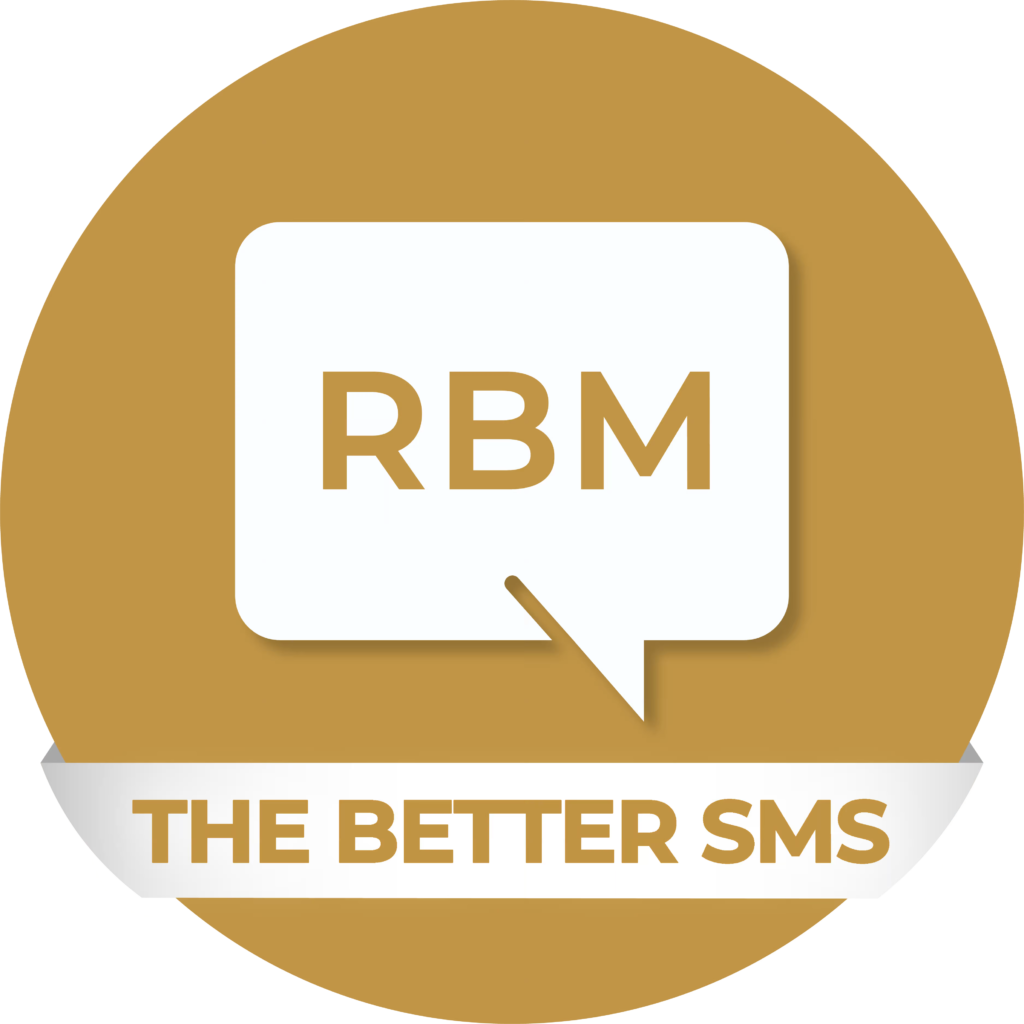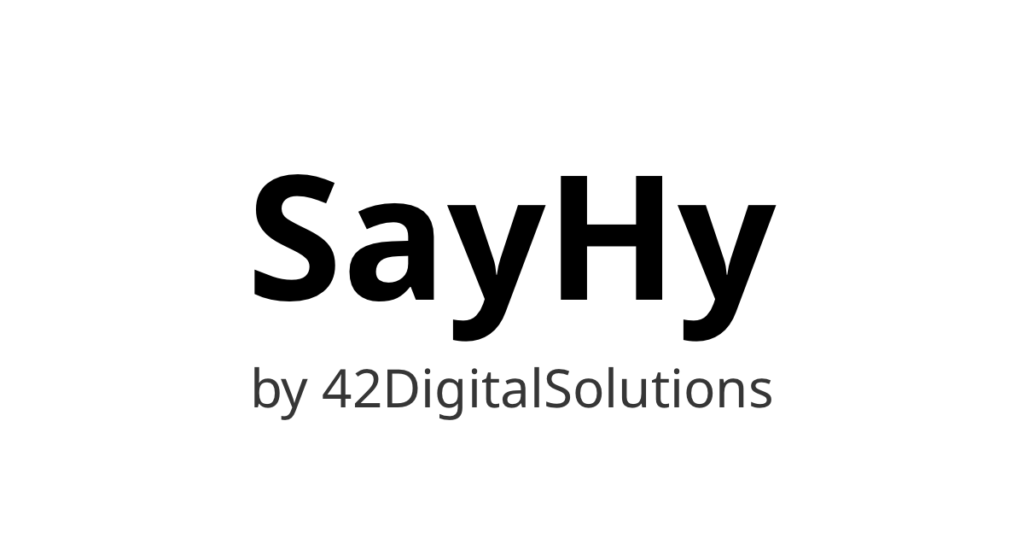Customer support is undergoing a major transformation in the ever-changing world of business. This is a direct response to the evolving demands and expectations of consumers in the digital age, not a passing fad.
Customer service standards have been raised by the rise of instant digital communications. Customers now expect immediate, personalized, and accessible support, replacing the previous tolerance for long wait times and impersonal interactions. This shift requires a reevaluation of traditional business-customer interaction models.
Messenger services have become essential tools for customer support due to their immediacy, convenience, and personalization. This is a reflection of a broader shift in consumer behavior and preferences, where these platforms are no longer just for personal communication.
Given these changes, it is crucial for businesses to acknowledge the strategic importance of incorporating messenger services into their customer support systems. This can help convert customer support from a simple business function into a strategic asset, promoting engagement, satisfaction, and ultimately, loyalty.
As we explore this topic, we’ll discuss the benefits and strategies of using these services. We’ll share insights from different industries and highlight the role of innovative platforms like SayHy in driving this paradigm shift.
The Strategic Shift to Messenger Services in Customer Support
In the current business environment, where digital transformation is more than just a buzzword, more and more organizations are integrating messenger services into their customer support strategies. This strategic shift goes beyond the adoption of new technology; it reflects a synchronization with the evolving preferences and expectations of a digitally empowered clientele.


The Rise of Messenger Services in Customer Support
Industry research shows that the use of messenger services for customer support has significantly increased. According to a study on behalf on Intercom, “69% of support leaders believe that strong customer relationships are built through personalized support experiences”. This shift represents a significant change in customer interaction, reflecting a universal recognition of their potential to enhance customer experiences.
The adaptability of messenger services is demonstrated by their cross-sector adoption. Messenger services are utilized across various industries, from retail to healthcare, highlighting their versatility in addressing a wide range of customer queries, from simple information requests to complex service issues.
Impact on Customer Relations and Operational Efficiency
The integration of messenger services provides two benefits, improving both customer relations and operational efficiency. In terms of customer relationships, the immediacy and personalization of messenger interactions foster increased satisfaction and loyalty. Customers appreciate the convenience and speed of these interactions, leading to higher engagement rates and favorable feedback.
From an operational perspective, messenger services streamline communication processes, reducing response times and enhancing the efficiency of support teams. This increased efficiency is not just about managing more customer queries in less time; it also leads to improved accuracy and personalization. These factors are crucial in building lasting customer relationships, which are essential for business success.
Key Advantages of Messenger Services in Enhancing Customer Relations
The integration of messenger services in customer support goes beyond improving communication efficiency; it represents a strategic advancement in business-customer interactions. In this article, we will highlight the key benefits of these services and emphasize their strategic importance in the business environment.
Improved Response Efficiency
Messenger services offer a key advantage by significantly improving response efficiency in customer interactions. In today’s digital age, promptly addressing customer queries is crucial for maintaining a competitive edge. 71% of support leaders say that conversational support will allow them to either stay competitive or become an industry leader. This results in increased efficiency not only with current customer needs but also creates an impression of a responsive and customer-focused organization, which is crucial in building lasting customer loyalty.
Accessibility and Customer Convenience
Messenger services make customer support more accessible by overcoming time and location constraints. This is especially important in today’s global marketplace, wherecustomers expect 24/7 service. With the widespread use of smartphones and internet connectivity, customers are increasingly likely to engage with businesses through messaging platforms. Businesses can reach a wider audience by promoting their brand through familiar messaging platforms instead of traditional channels like phone calls or emails. This level of accessibility not only enhances the customer experience but also expands the customer base.
Personalized Customer Interactions
One of the main advantages of messenger services is their ability to facilitate personalized customer interactions. Unlike generic email responses or standardized call center dialogues, these services enable more conversational and tailored exchanges.This customization can include addressing customers by name or offering personalized recommendations. Product recommendations are provided based on past interactions. This personalized communication enhances customer engagement and strengthens the bond between the customer and the brand.
Data Integration for Informed Decisions
The integration of messenger services with existing business systems and data can provide valuable insights through analytics. This integration allows businesses to monitor customer interactions, preferences, and feedback, providing valuable information for making informed decisions and refining future strategies. Organizations that use data integration with messenger services have observed improvements in key performance indicators, such as customer lifetime value and repeat purchase rates.
| For Customer | For Agents |
|---|---|
| It’s more convenient | It streamlines productivity |
| There are more opportunities for personalization | It promotes more efficient conversations |
| Conversations will flow more easily | Chatbot support |
SayHy: A Strategic Asset for Customer Support
As companies seek to optimize the use of messenger services, platforms like SayHy are emerging as strategic assets that address key business challenges in customer support.

Feature Overview
SayHy offers features designed for the modern business environment. Its functionalities go beyond conventional messaging, including automated processes and flows, self-service menus, and AI-driven responses for efficient query resolution, seamless integration with existing CRM platforms, and sophisticated analytics for monitoring trends in customer interactions. These features enable businesses to respond promptly to customer queries while anticipating needs and delivering proactive support.
Integration and Adaptability
SayHy has a significant advantage due to its adaptability and ease of integration. The platform can be seamlessly integrated into a business’s existing digital ecosystem, ensuring smooth data flow between systems. This integration is vital for maintaining consistent and informed customer support experiences by enabling customer service representatives to access comprehensive customer data.
Data Security Assurance
SayHy provides strong measures to protect sensitive customer information at a time when data security is critical. Compliance with regulatory standards and a commitment to safeguarding personal data build trust and enhance the brand’s reputation as a responsible entity in the marketplace.
Implementing Best Practices for Messenger Services in Business
The integration of messenger services, such as SayHy, into a business’s customer support system requires strategic planning and execution. This section outlines recommended practices for an effective deployment, including staff training, change management, and leveraging insights from industry leaders.
Integration Strategies
To successfully implement a messenger service, it is important to understand its role in the current customer support framework. This requires a thorough analysis of existing processes Identify current processes and areas where SayHy can provide maximum value. Integration should enhance and supplement existing channels, not replace them entirely.
- Aligning the messenger service with business objectives and customer support goals.
- Ensuring compatibility with current CRM and data systems.
- Planning for scalability to accommodate future growth.
Staff Training and Change Management
Effective implementation of SayHy or any messenger service depends on both the technology and the users. Adequate staff training is crucial to ensure proficient use of the new tools, covering technical aspects and communication nuances with customers through a messaging platform. Key focus areas include:
- Conducting training sessions on SayHy’s functionalities and best practices.
- Role-playing scenarios for diverse customer interactions.
- Emphasizing personalized and empathetic communication.
Change management is crucial for ensuring a seamless transition when implementing a new system. This involves:
- Communicating the benefits of the new system to staff members.
- Encouraging feedback and suggestions from team members during the initial stages.
- Gradually implementing the messenger service, allowing staff to adapt at their own pace.
Continuous Improvement and Adaptation
Choosing SayHy as your messenger service solution is a strategic decision that comes with ongoing support and evolution. Our SaaS platform provides access to a team dedicated to helping you maximize its potential. SayHy’s service includes continuous monitoring of performance metrics, proactive collection of customer feedback, and regular updates with new features and enhancements. This approach ensures that your messaging service integrates seamlessly into your customer support strategy and evolves with your business needs. SayHy is not just a tool, but a partner committed to keeping your customer support system efficient and effective.
Conclusion
In the context of digital transformation in customer support, adopting messenger services strategically is crucial for businesses looking to improve customer engagement and operational efficiency. The following key insights have emerged from our exploration of this topic:
- The integration of messenger services represents a significant strategic shift in response to changing customer behaviors and expectations. This shift offers immediacy, convenience, and personalized interaction.
- Messenger services provide several benefits, including faster response times, increased accessibility, customization options, and data-driven insights. They can be valuable strategic assets that transform the relationship between businesses and their customers.
- SayHy plays a crucial role as SayHy demonstrates how a well-designed messenger service can offer unique features, seamless adaptability, and robust security measures in providing substantial value to businesses looking to improve their customer support.
To take advantage of this strategic opportunity, businesses should consider adopting messenger services such as SayHy to enhance their customer support systems. If you are interested in exploring the potential of SayHy for your organization or would like more information about its features and benefits, we invite you to contact the SayHy team. They are ready to provide demos, detailed discussions, or answer any questions you may have regarding the integration of messenger services into your customer support operations. By taking this proactive step, businesses can enhance their customer loyalty, improve operational efficiency, and gain a competitive edge in the ever-changing business landscape.

